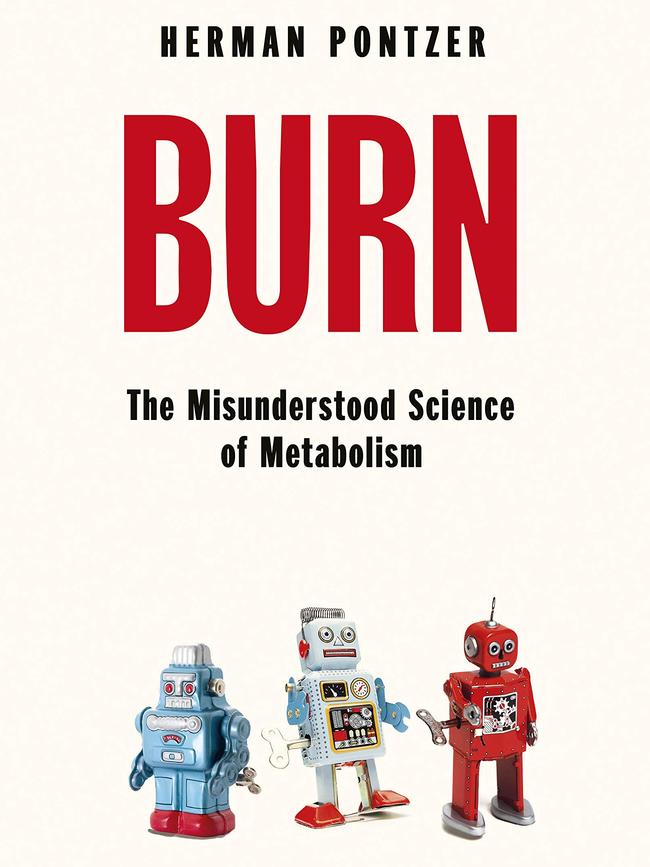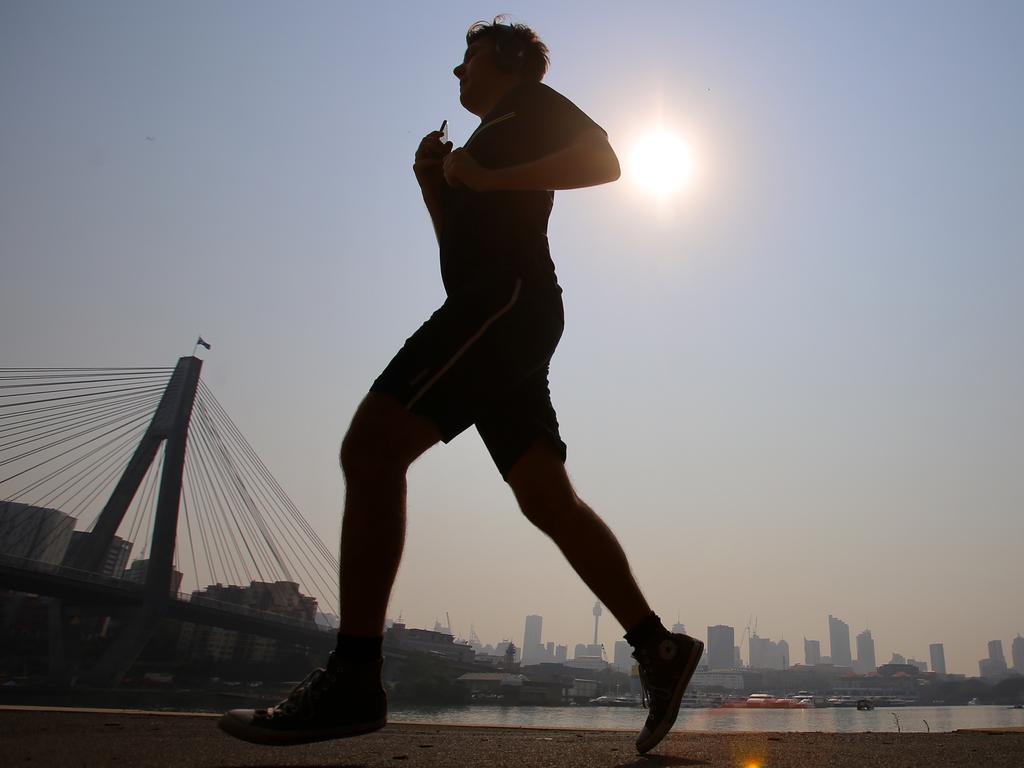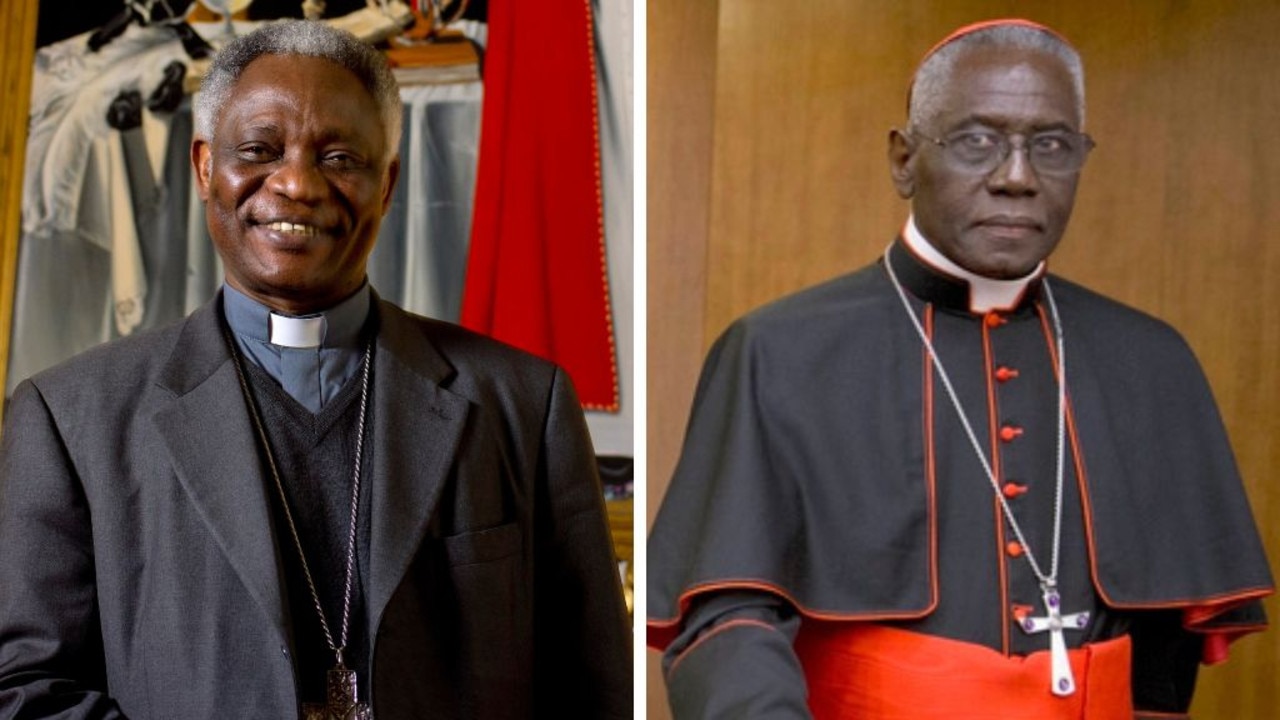Diet or exercise: What’s the key to weight loss?
A new book claims that fitness is not the way to stay slim. So is eating less the best solution?

Virtual marathons, Zoom fitness classes, Couch to 5k — whatever your fitness fix has been during the pandemic, surveys show that many of us are exercising more than ever before. But there is disappointing news for those expecting to lose weight as they did so.
In his new book Herman Pontzer, a professor of evolutionary anthropology at Duke University in North Carolina, says the grim reality is we simply don’t get slimmer through exercise alone. Which prompts the question: if exercise doesn’t work, is dieting alone the key to weight loss? Or is there a bit more to it than that?

Pontzer’s theory, outlined in Burn: The Misunderstood Science of Metabolism, is based on his studies of the Hadza, the hunter-gatherer people in east Africa. He discovered that although Hadza men walk an average of 13.5km a day it had little effect on their total daily energy expenditure. Despite their active lifestyles, their bodies became no better at burning calories than people who do a fraction of their daily exercise. It overturns the belief that the more we work out, the thinner we will become, and, Pontzer says, proves once and for all that we can’t outrun (or outcycle) a bad diet.
So what can we do? Some experts say we shouldn’t dismiss the effects of exercise too quickly. For most people who do very little to start with, moving more will create an energy deficit that will initially bring some visible results.
“To lose weight you still need to create a negative energy balance; that is, to consume fewer calories than your body expends every day,” says Graeme Close, a professor of human physiology at Liverpool John Moores University.
“If you are currently sedentary and start walking more steps so that you burn an extra 500 calories a day and don’t change your diet, there is no disputing that you will lose about 1lb (450g) of body fat per week.” (It takes about 10,000 steps to burn 500 calories.)
There is some evidence too that people who exercise are better able to keep weight off in the long term. A 2019 study from the University of Colorado revealed that the key to losing weight and keeping it off is physical activity rather than restrictive eating, with a trial that showed that previously overweight people most successful at keeping weight off were those who did the most daily exercise (measured in steps per day).
“Our findings suggest that this group of successful weight-loss maintainers are consuming a similar number of calories per day as individuals with overweight and obesity but appear to avoid weight regain by compensating for this with high levels of physical activity,” says Victoria Catenacci, an author of the study.

Another study showed that it is possible for exercise alone to lead to weight loss — but you would have to do a lot of it. According to researchers at the University of Kentucky, that means working out for up to an hour a day for six days a week and burning about 3000 calories. Kyle Flack, a professor of nutrition and the lead author of the paper, asked one group of overweight men and women to exercise in the way they preferred twice a week for at least 90 minutes (or until they had burnt 750 calories a session and 1500 calories a week) and another group to work out for 40 to 60 minutes six times a week, burning 500 calories per workout and a total of 3,000 calories a week.
After 12 weeks blood tests showed that the people who worked out for six days a week had raised levels of the appetite-reducing hormone leptin — a change that was not apparent in the other group. The “super-exercisers” also lost weight and about 1.8kg of body fat, whereas the people who did the twice-weekly workouts typically compensated for their exertions by eating an average of 1000 calories more each week. However, only by exercising beyond that threshold was weight loss achievable, and burning thousands of calories a week through intense exercise is not an easy option.
Of course, most of us aren’t going to be super-exercisers, or anything approaching that. According to studies from the American College of Sports Medicine, you need to exercise for 420 minutes a week — an hour a day — to achieve a “clinically relevant” weight loss of 5-7.5kg within about two to four months. It’s a lot of effort for low return.
In short, diet does trump exercise for weight loss if you only attempt one or the other. It’s much easier to cut 400 calories by avoiding a meal than by burning them off doing a 90-minute session on a Peloton bike. “The evidence is clear that exercise on its own is not a great method of inducing weight loss because the energy expenditure elicited for the average person is so low,” says Dr James King, a senior lecturer in exercise physiology at Loughborough University. “People have to do an awful lot of exercise to generate weight loss. You can eat a doughnut containing 500 calories in 15 seconds, but it will take the average person an hour to burn that off through activity.”

If you do go down the exercise-only route, Pontzer’s research has shown that more workouts do not necessarily mean more inches lost around the waist. Primed by evolution, our bodies adapt to increases in the duration and intensity of physical activity by becoming more efficient in the way they use calories elsewhere, such as for immune function, reproduction, growth and repair. The upshot is that, beyond a certain point, the amount of calories you burn in a day through exercising remains more or less the same. A landmark study in which former couch potatoes trained to run a half-marathon showed that their calorie burn soared for the first eight weeks of training, but plateaued for the remaining 32 weeks, even though the weekly distance they ran doubled during that time.
It seems that as weight and body fat drop when we start exercising, so does our resting metabolic rate — the calories burnt when sitting — all of which shifts us back towards positive energy balance, making it increasingly difficult to lose weight.

Then there’s the issue of post-workout hunger pangs. “For some people who start exercising more, their appetite rises so that they also consume more calories, offsetting those they have lost,” Close says. “Quite often, studies have shown that exercisers consume as many calories as they have just burnt off.”
This is why many other studies have shown that people who take up an exercise program expecting to shed weight don’t lose as much as they had hoped — and sometimes find that they gain it instead.
So is strict dieting the answer then? Thankfully — because it’s the last thing that most of us feel like doing during the pandemic — the answer from many experts is no. Diets, after all, are something that most people consider to be a short-term solution. If they are too severe you will eventually fall off the wagon. Besides, Close says, cutting out entire food groups or switching to restrictive eating plans raises the risk of missing out on nutrients vital to health.
“As humans we were never designed to consume as much food as we do,” he says. “Most of us could do with eating less and cutting down, but not by ridiculous means. All faddy diets eventually fail.”
Indeed, strict dieting without exercise can bring its own set of problems. “If you just cut calories, then you’ll lose a reasonable amount of lean muscle mass, which is hugely important for health, your metabolism and muscle function,” King says.
“Exercise also brings many metabolic and functional benefits, like improved blood sugar control, better blood pressure and blood fat levels, and you become stronger and fitter.”
Close says that if you do enough exercise — and regularly — it helps with appetite control. “Even if you do have hunger pangs after exercise, you can learn to control them over time,” he says. “The key is to plan ahead and not to succumb to unhealthy snacking after a workout.”
Close says the bottom line is that diet and exercise should go hand in hand. “People should pay attention to what they eat and how they exercise for weight loss, as both are very important,” he says. “Exercise makes dieting easier and, for overall health, staying fit is the most important thing you can possibly do.”
The Times
More Coverage








To join the conversation, please log in. Don't have an account? Register
Join the conversation, you are commenting as Logout